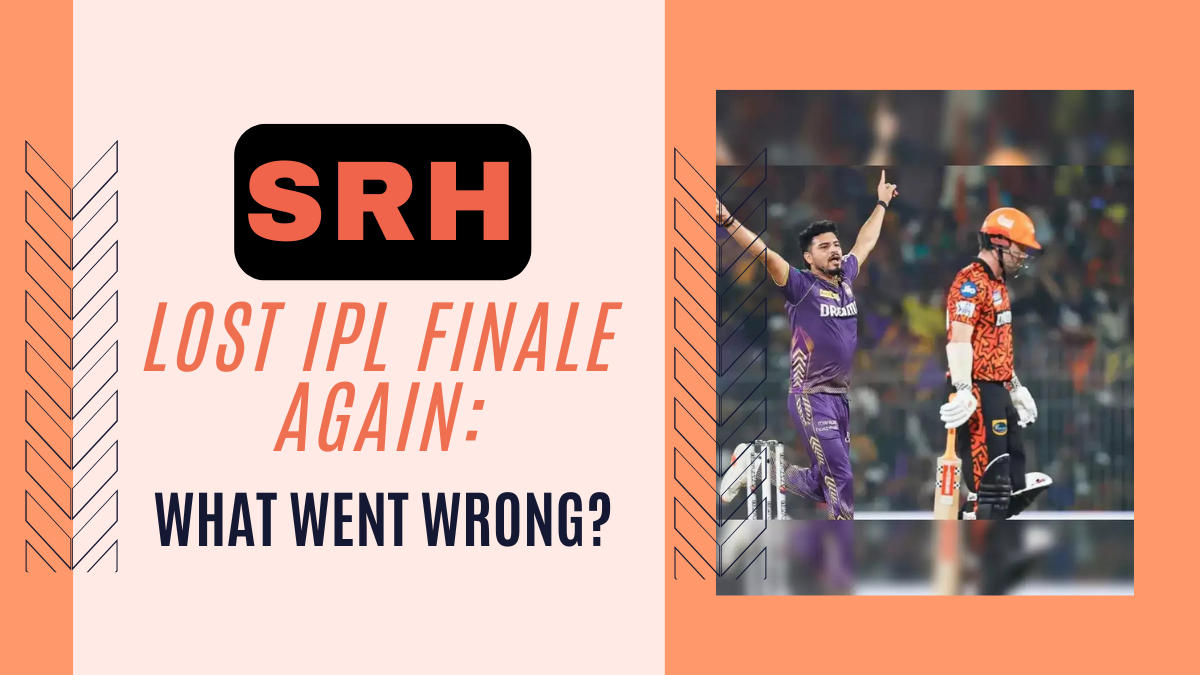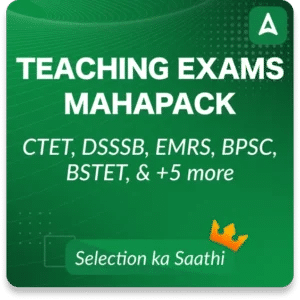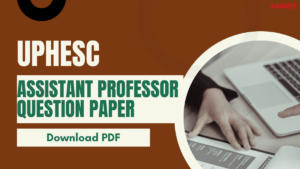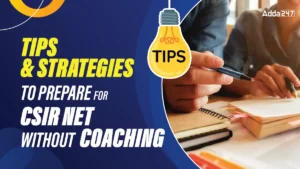Table of Contents
Sunrisers Hyderabad (SRH) experienced a stellar season in the Indian Premier League (IPL), finishing second on the points table with eight impressive victories in the league matches. Their journey to the final was marked by a dominant performance against Rajasthan Royals (RR) in Qualifier-2. However, their much-anticipated triumph was thwarted by Kolkata Knight Riders (KKR) in a dramatic and disappointing final. This article delves into the factors contributing to SRH’s loss and draws parallels with the preparation strategies for competitive government exams.
Crucial Factors Behind SRH’s Loss
- Quick Succession of Wickets: SRH failed to build enough partnerships after losing the early wickets of their in-form batters, Abhishek Sharma and Travis Head.
- Excessive Dot Balls: In the final, SRH played a total of 56 dot balls, which is the highest number recorded in an IPL final. This statistic is telling of their struggle to rotate the strike and maintain momentum. Each dot ball increased pressure on the batsmen, leading to risky shots and eventual dismissals. In a high-stakes match like the IPL final, such stagnation can be detrimental, as it was for SRH.
- Inconsistent Batting Performance: SRH’s batting lineup failed to deliver when it mattered the most. Not a single player managed to score 30 runs, with the captain Pat Cummins being the top scorer at a mere 24 runs. This dismal performance set an unwanted record in the IPL’s 17-year history. The inability to build partnerships and sustain innings was a significant setback.
- Lowest IPL Final Total: Scoring only 113 runs, SRH registered the lowest total ever in an IPL final. This score reflected their batting collapse and inability to handle the pressure of the final match. Such a low score made it easier for KKR to chase the target comfortably, marking SRH’s downfall in the tournament’s most crucial game.
- KKR’s Bowling Prowess: KKR’s bowling unit was exceptional, with six bowlers taking wickets. Andre Russell (3/19), Mitchell Starc (2/14), and Harshit Rana (2/24) were particularly effective, dismantling SRH’s batting order. This comprehensive bowling attack left SRH with no room to recover and build a competitive total.
- Quickest IPL Final: The match concluded within 29 overs, making it the fastest IPL final ever. This rapid end to the game highlighted SRH’s lack of resilience and inability to extend their innings under pressure. It also marked KKR’s largest victory over SRH in IPL history, underscoring the one-sided nature of the final.
Lessons for Government Exam Aspirants
The setbacks faced by SRH in the IPL final provide valuable lessons for aspirants preparing for competitive government exams. Here’s how candidates can avoid similar pitfalls:
- Consistent Preparation: Just as SRH’s batting collapse was due to inconsistent performances, exam candidates must ensure steady preparation. Avoid last-minute cramming and maintain a regular study schedule to cover all topics thoroughly.
- Time Management: The excessive dot balls by SRH reflect poor time management. Similarly, candidates should practice effective time management during their preparation and in the exam hall. Allocate time to each section wisely and avoid spending too long on one question.
- Handling Pressure: SRH’s failure under pressure is a crucial lesson. Develop stress management techniques to stay calm during exams. Regular practice tests can simulate exam conditions and help build confidence.
- Comprehensive Strategy: KKR’s varied bowling attack dismantled SRH. For aspirants, a diverse and comprehensive study plan covering all subjects and potential questions is essential. Do not rely solely on strong areas; instead, build competence across the board.
- Continuous Assessment: Regular self-assessment, like KKR’s consistent wicket-taking, can highlight areas needing improvement. Use mock tests and previous year papers to gauge your performance and adjust your preparation strategy accordingly.
Conclusion
SRH’s loss in the IPL final against KKR serves as a poignant reminder of the importance of consistent performance, effective time management, and handling pressure – all crucial elements for success in both sports and competitive government exams. By learning from these setbacks, candidates can optimize their preparation strategies and enhance their chances of success.




 UPHESC Assistant Professor Question Pape...
UPHESC Assistant Professor Question Pape...
 Is the CSIR NET Exam Tough? Know the Dif...
Is the CSIR NET Exam Tough? Know the Dif...
 Tips & Strategies to Prepare for CSI...
Tips & Strategies to Prepare for CSI...














